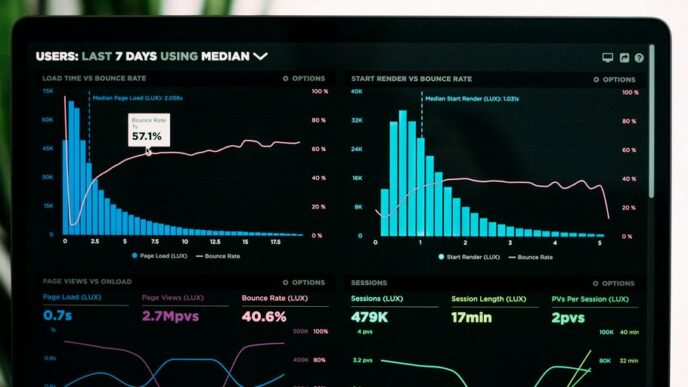A recent shift in Australian legislation has introduced new payroll compliance penalties, prompting businesses to adopt advanced payroll technologies. The criminalization of intentional underpayments, effective January 5, 2025, has raised concerns among organizations about compliance and the potential legal ramifications of payroll errors.
Key Takeaways
- New laws criminalize intentional underpayment of employees.
- Only 22% of businesses currently use proactive payroll compliance technology.
- 93% of businesses with over 50 employees have concerns about potential underpayments.
- 59% of businesses are optimistic about integrating AI into payroll compliance.
New Legislation Overview
The recent amendments to Australia’s Fair Work legislation have made it a criminal offense for businesses to intentionally underpay employees. This significant change aims to protect workers and ensure fair compensation. While unintentional mistakes will not incur criminal penalties, the implications for businesses are profound, as they now face increased scrutiny and potential legal action for payroll discrepancies.
Current State of Payroll Compliance Technology
According to a survey conducted by Yellow Canary, only 22% of Australian businesses have implemented proactive payroll compliance technology. The survey revealed that:
- 23% of businesses plan to adopt new technologies within the next one to two years.
- 21% intend to implement these tools in the next 12 months.
- 17% are satisfied with their current manual compliance processes.
- 15% are curious about proactive technologies but have no immediate plans to adopt them.
Concerns About Underpayments
Despite the urgency created by the new legislation, many businesses still rely on outdated manual processes. The survey found that:
- 93% of businesses with at least 50 employees reported concerns about potential underpayments.
- 48% prioritized payroll compliance ahead of the new law.
- 39% of respondents struggled to stay updated with changing legislation.
- 37% cited internal communication issues as a barrier to effective payroll management.
The Role of Technology in Compliance
The introduction of advanced payroll compliance technologies is seen as a crucial step in mitigating the risks associated with underpayments. Many organizations are still using less reliable methods, such as:
- Manual audits with spreadsheets (31%).
- Reviewing pay code configurations (32%).
- Sampling for payroll checks (37%).
These methods are prone to errors and may not keep pace with the complexities of compliance. By adopting technology, businesses can automate audits and ensure more accurate payroll processing.
The Future of Payroll Compliance: AI Integration
Looking ahead, the integration of artificial intelligence (AI) into payroll compliance processes is gaining traction. The Yellow Canary report indicates that:
- 59% of businesses are optimistic about AI’s potential to enhance payroll compliance.
- AI can analyze payroll data patterns and identify anomalies, such as incorrect pay codes or underpaid employees.
- However, 27% of respondents remain skeptical about AI’s effectiveness, citing concerns about integration and data privacy.
Conclusion
The new payroll compliance penalties in Australia are driving a significant shift towards technology adoption in payroll management. As businesses navigate the complexities of compliance, the integration of advanced technologies and AI will be essential in ensuring fair compensation for employees and minimizing legal risks. The landscape of payroll compliance is evolving, and organizations must adapt to stay ahead of the curve.






